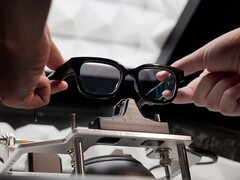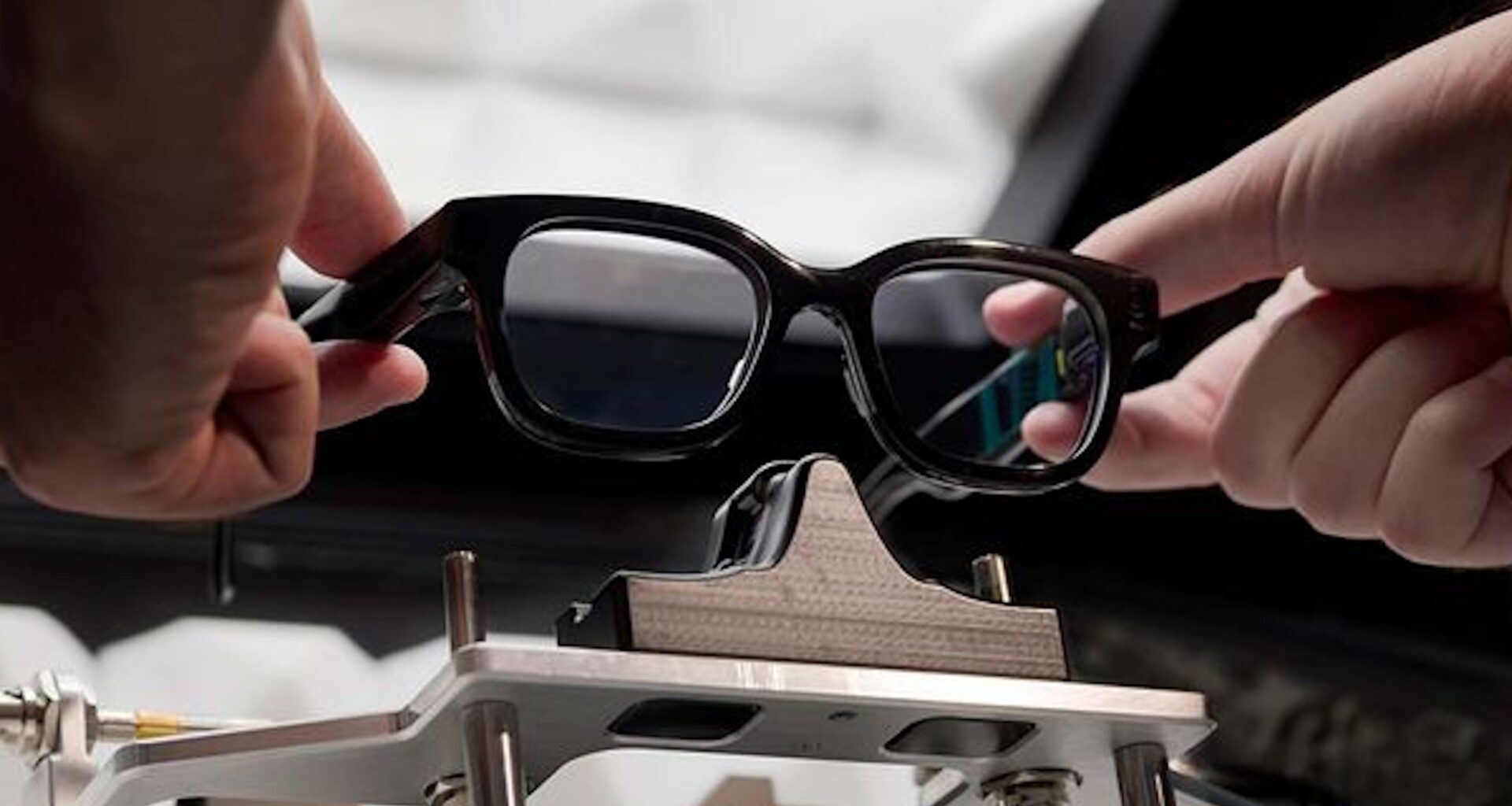 New AR glasses on show. (Image source: Magic Leap)
New AR glasses on show. (Image source: Magic Leap)
Magic Leap is collaborating with Google to create the next generation of AR devices. Magic Leap is a well-known company in the wearable technology sector and was one of the first to showcase AR glasses.
Magic Leap is a company that invests in AR and has already showcased AR glasses before. These glasses are designed to create a kind of overlay on reality or at least display digital content in the user’s field of vision. A wide variety of applications are conceivable, including assistance in everyday life, on vacation or even in professional contexts.
Google itself is also active in the AR sector and, in light of its new cooperation with Magic Leap, is likely to be more active on the software side. To this end, both companies have jointly presented a prototype intended to serve as a kind of reference design for Android XR. Such reference designs are not necessarily launched on the market in this form, but are ultimately to be understood as a kind of reference design that can serve as a basis for the development of proprietary products. Put simply, other manufacturers could integrate additional features and make design adjustments without having to create the basic architecture themselves. Much like the Android OS.
Magic Leap also delves into some of the technical details. The device utilizes Google’s Raxium microLED technology, while the optical system and waveguide come from Magic Leap. A video demonstrates the system’s compatibility with Gemini, enabling context-sensitive questions. Gemini can also analyze image content, such as the architecture of a building. On a golf course, the model is even said to be able to recommend the correct golf club.
I have been active as a journalist for over 10 years, most of it in the field of technology. I worked for Tom’s Hardware and ComputerBase, among others, and have been working for Notebookcheck since 2017. My current focus is particularly on mini PCs and single-board computers such as the Raspberry Pi – so in other words, compact systems with a lot of potential. In addition, I have a soft spot for all kinds of wearables, especially smartwatches. My main profession is as a laboratory engineer, which is why neither scientific contexts nor the interpretation of complex measurements are foreign to me.
 Translator: Jacob Fisher – Translator – 2477 articles published on Notebookcheck since 2022
Translator: Jacob Fisher – Translator – 2477 articles published on Notebookcheck since 2022
Growing up in regional Australia, I first became acquainted with computers in my early teens after a broken leg from a football (soccer) match temporarily condemned me to a predominately indoor lifestyle. Soon afterwards I was building my own systems. Now I live in Germany, having moved here in 2014, where I study philosophy and anthropology. I am particularly fascinated by how computer technology has fundamentally and dramatically reshaped human culture, and how it continues to do so.


